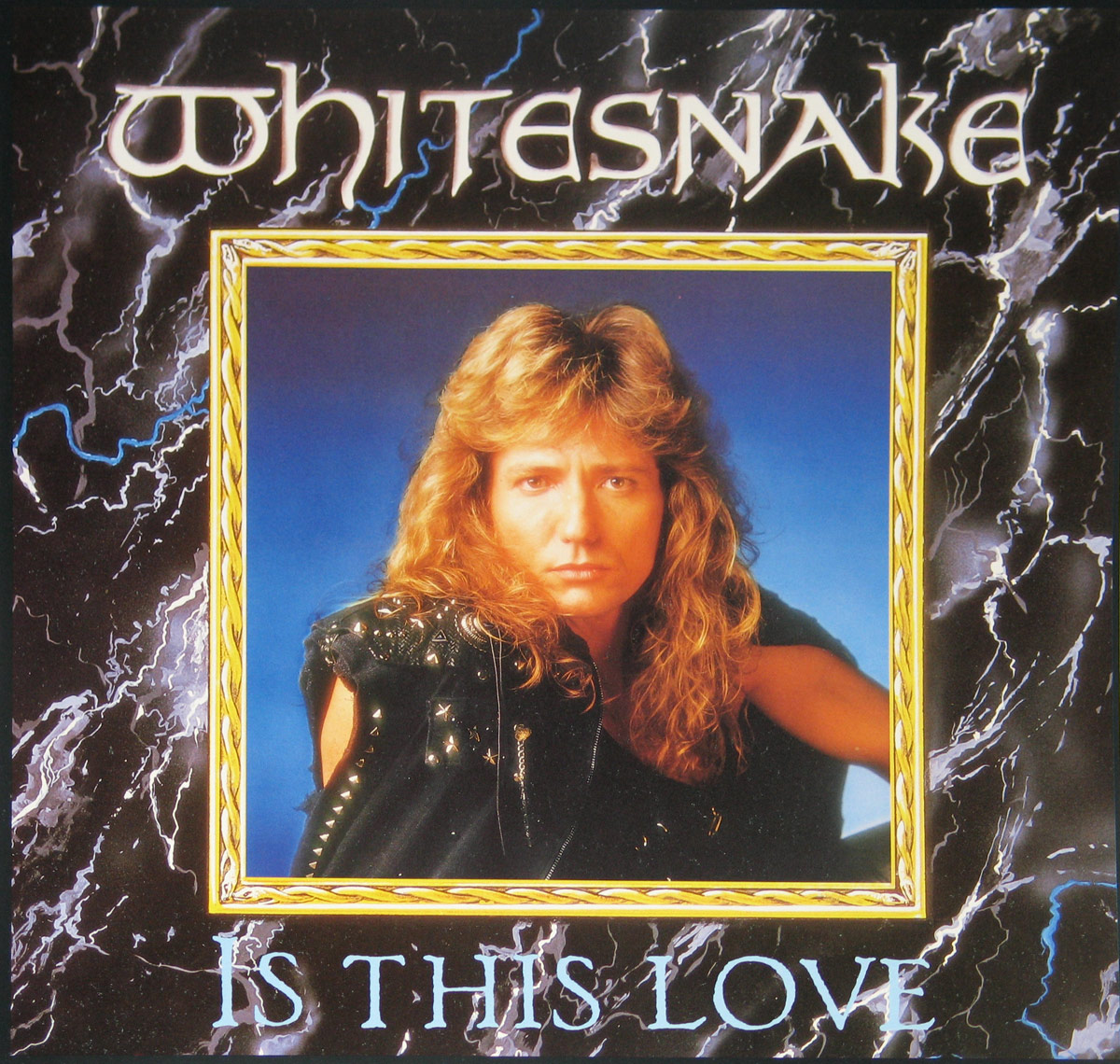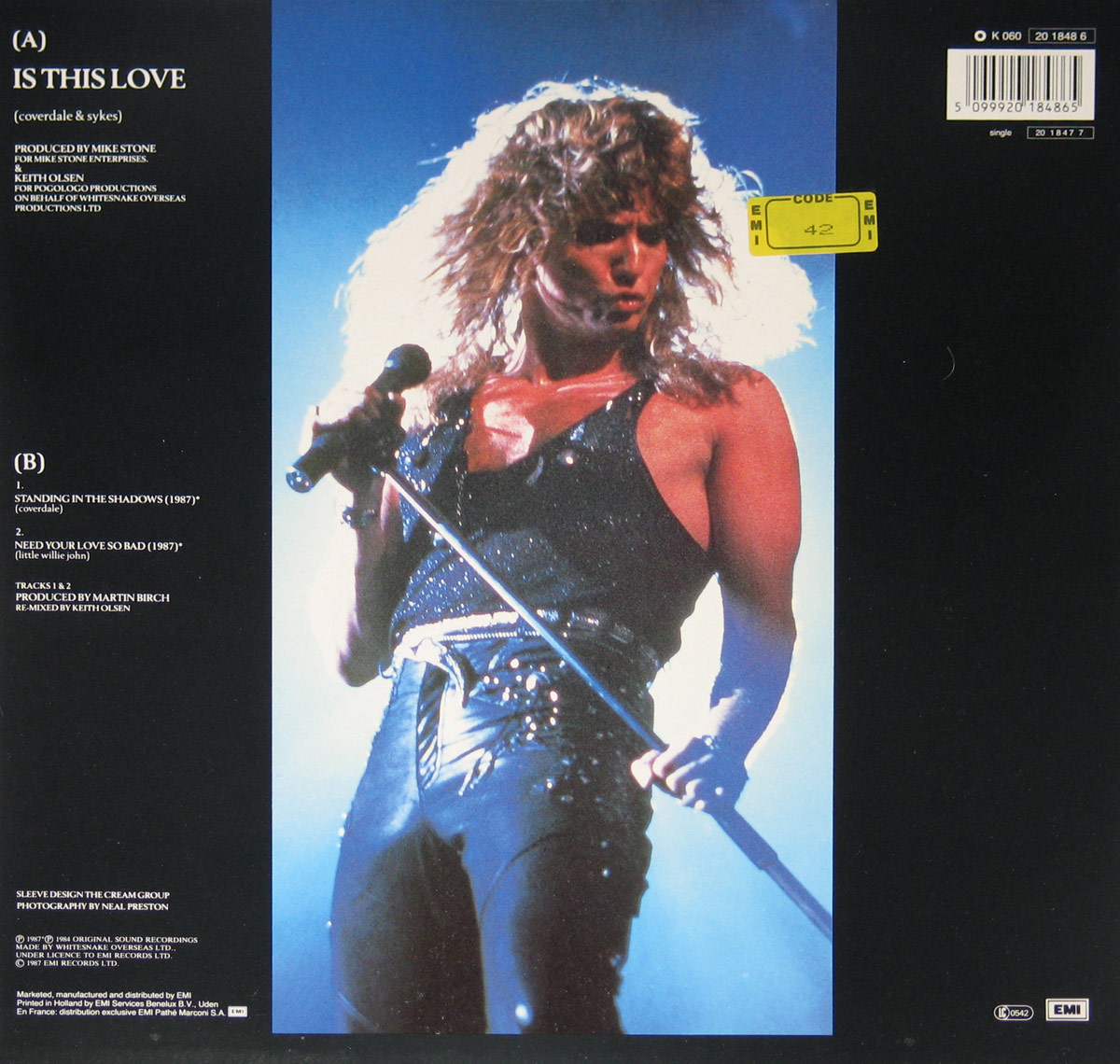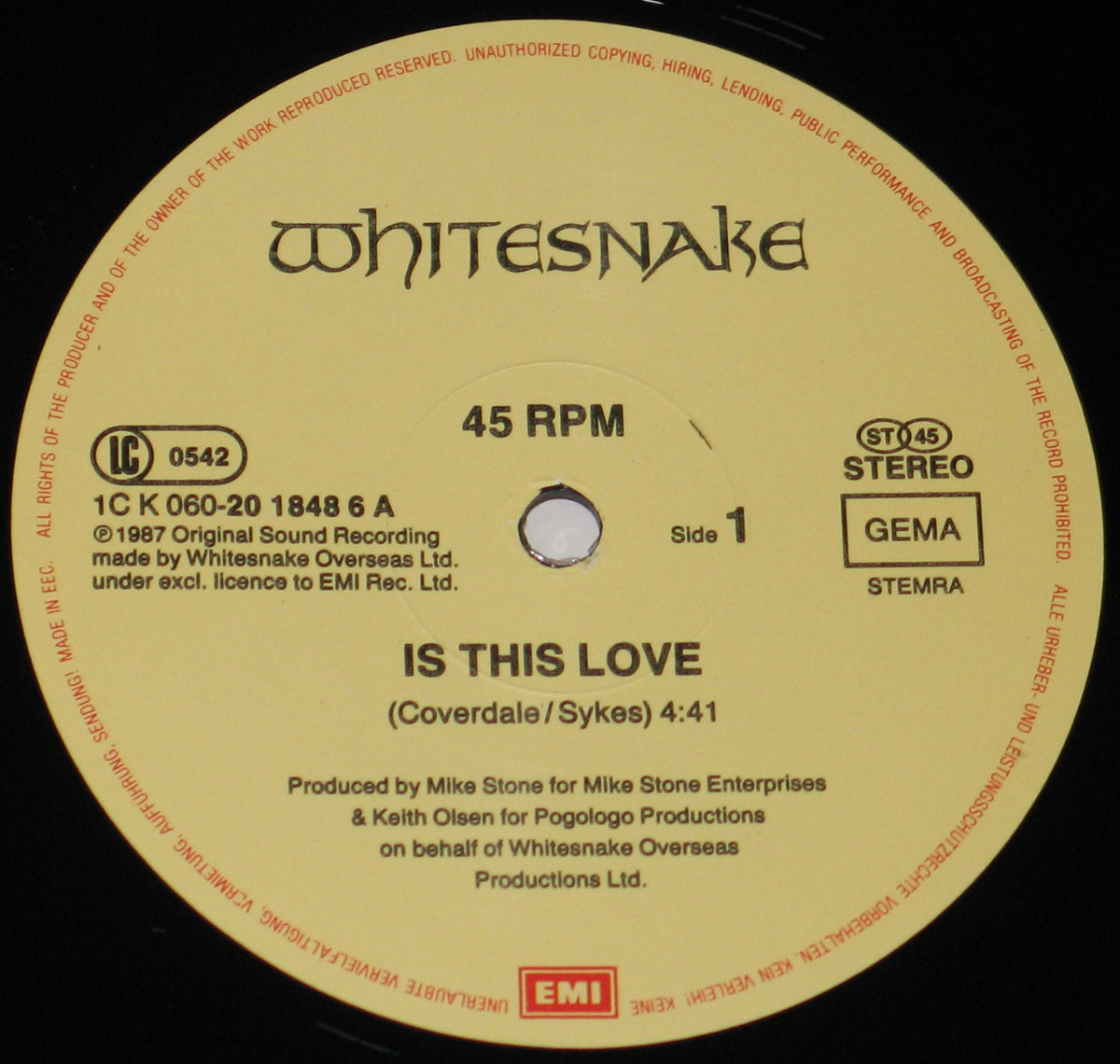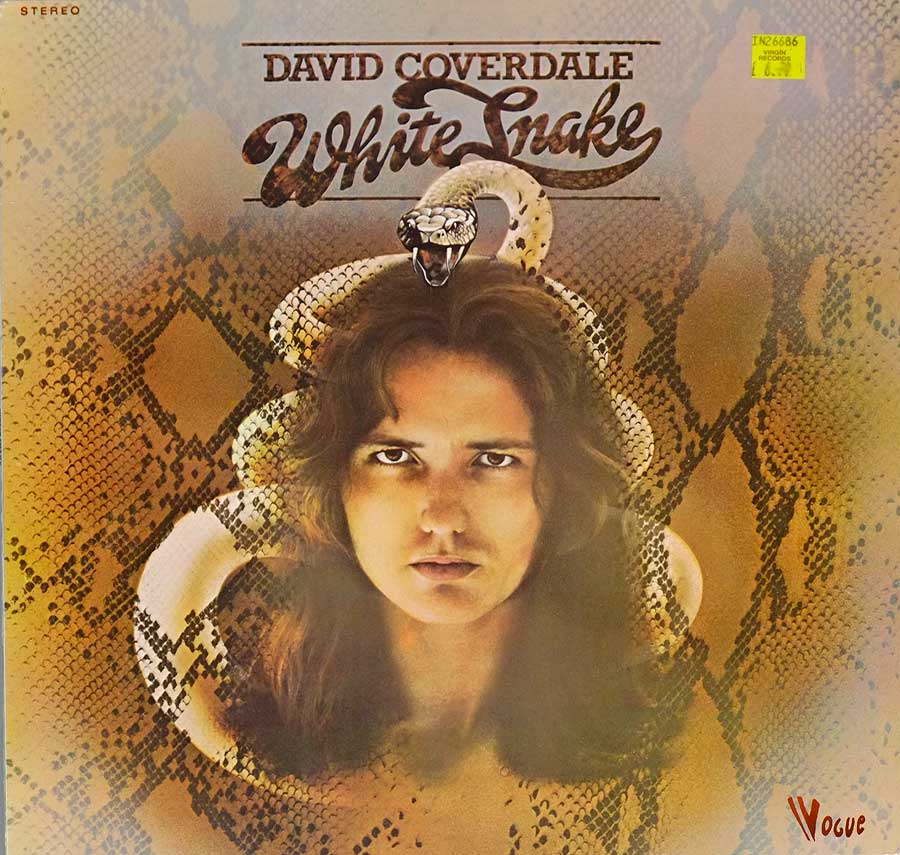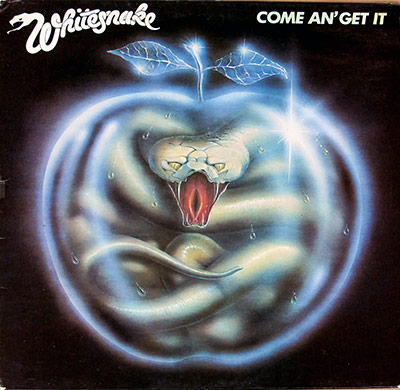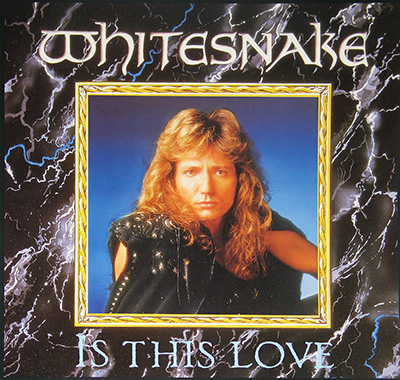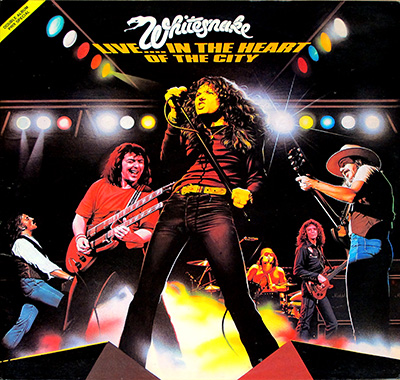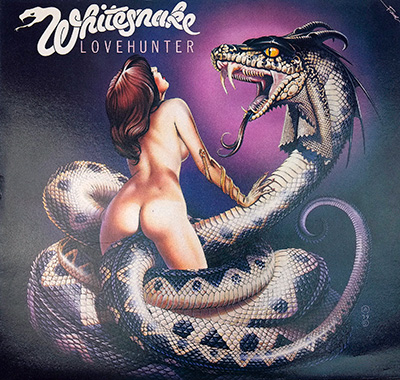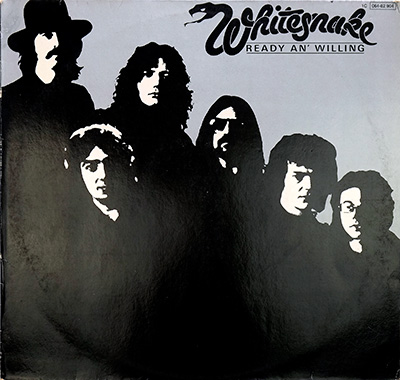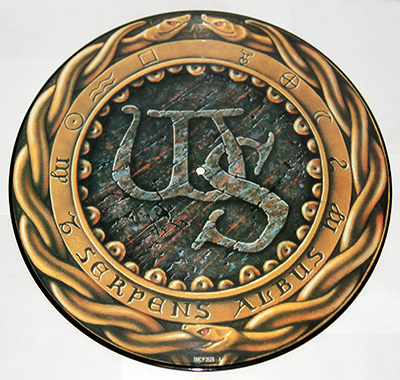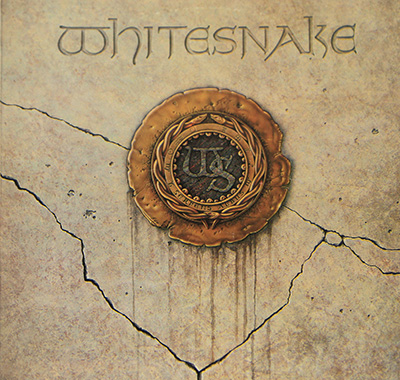Album Description:
Whitesnake and the World of 1987
In 1987, rock stood at a crossroads between the molten intensity of heavy metal and the shimmering polish of pop accessibility. The world was witnessing the twilight of the Cold War, the rise of MTV-driven spectacle, and an age when image mattered as much as sound. Amidst this, Whitesnake — fronted by the ever-charismatic David Coverdale — released “Is This Love,” a single that distilled the decade’s fusion of vulnerability and grandeur into four and a half minutes of radio gold. The song emerged during a period when the band, like many of its peers, was reshaping its identity to fit a world enamored with big choruses, glossy production, and heart-on-sleeve sentiment.
The Sound of the Era: Hard Rock Meets the Power Ballad
“Is This Love” sits at the sweet intersection of hard rock and the power ballad — a genre hybrid that dominated the charts in the mid-to-late 1980s. This was the age of Def Leppard’s “Hysteria,” Bon Jovi’s “Slippery When Wet,” and Europe’s “The Final Countdown.” The formula was irresistible: soaring vocals, emotive guitar lines, and studio perfectionism. Whitesnake’s contribution added a blues undertone, rooted in Coverdale’s early influences with Deep Purple, but wrapped in the sleek production sheen that came with the era’s studio advancements.
Musical Exploration and Emotional Contradiction
“Is This Love” is less about pyrotechnics and more about tone — the kind of lush, slow-burning melody that thrives on emotional tension. Beneath the radio polish lies a well of longing and introspection. John Sykes’ guitar work balances restraint and release, while Coverdale’s voice alternates between silk and steel. Producer Mike Stone’s crisp engineering and Keith Olsen’s refined mix allowed every instrument to breathe, emphasizing warmth over aggression. The result was a love song dressed in leather — intimate yet theatrical, fragile yet defiant.
The Makers Behind the Magic
David Coverdale and John Sykes penned the track, continuing their creative collaboration from Whitesnake’s self-titled 1987 album. Keith Olsen, whose production credits include Fleetwood Mac and Heart, joined forces with Mike Stone — known for his precision rock craftsmanship — to deliver a sound that could conquer both radio and arena. Martin Birch, the veteran who had shaped the sonic identity of Deep Purple, Iron Maiden, and earlier Whitesnake releases, produced the B-side tracks “Standing in the Shadows” and “Need Your Love So Bad.” Birch’s approach kept the band anchored in authenticity while Olsen and Stone propelled it into a sleeker, modern dimension. The balance between these production philosophies is what gives the single its enduring power.
Band Evolution and Line-Up Shifts
Whitesnake had undergone multiple incarnations by 1987. Originally formed in 1978 by David Coverdale after leaving Deep Purple, the band began as a blues-rock outfit with earthy grooves and Hammond organ warmth. Over time, as the 1980s dawned, the lineup evolved — sometimes tumultuously — with members like Micky Moody, Bernie Marsden, and later John Sykes shaping its changing sound. By the mid-’80s, Coverdale had streamlined the band toward a harder-edged, more Americanized sound, positioning Whitesnake alongside Def Leppard and Foreigner on global stages. The “Is This Love” single symbolized that transition — emotional depth meeting commercial clarity.
Controversy and Transformation
While adored by fans, “Is This Love” also drew criticism from purists who saw it as the moment Whitesnake surrendered its blues soul to MTV gloss. The video — drenched in soft focus and starring Coverdale’s then-partner Tawny Kitaen — became an emblem of the era’s glam excess. Critics accused the band of overproduction and self-indulgence, but audiences saw something else: a band capable of both power and passion. The controversy only amplified its success, propelling the song to the top of international charts and embedding it into the DNA of 1980s rock culture.
The Legacy of Sound and Sentiment
“Is This Love” remains one of Whitesnake’s most defining moments — a paradox of vulnerability wrapped in steel-string confidence. It exemplified an era when the studio became both laboratory and stage, when rock embraced its theatrical instincts without apology. While other bands faded with the decade, Whitesnake’s single endured — not merely as a product of its time, but as a crystallization of its contradictions: soft meets hard, love meets bravado, and heart meets amplifier.
